OCD stands for Obsessive Compulsive Disorder is a neurological mental health condition characterized by distressing thoughts and repetitive behavior or mental acts by unwanted thoughts or fears that interfere with daily activities of an individual which are intended to create anxiety and cause harm.
OCD affects people of all ages, gender, and background, it integrates a pattern of unwanted thoughts that leads to repetitive behavior.
You may try to stop your obsessions but rather than reducing it will increase day by day. It is estimated that about 1-2% of the population has OCD worldwide.
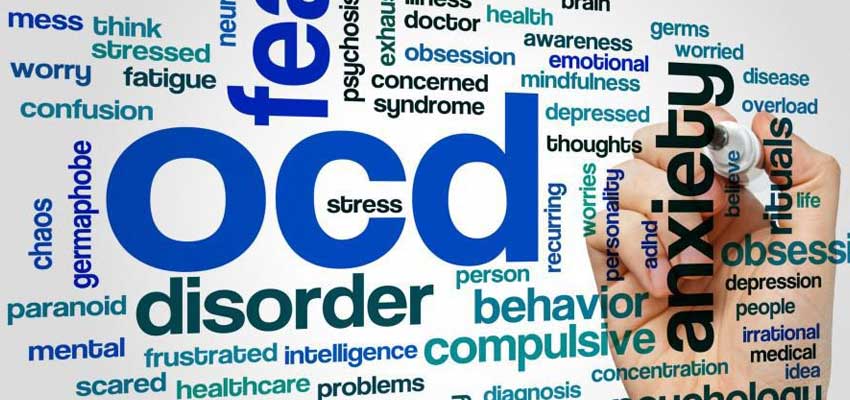
Obsessions are always unwanted and often disturbing with people’s mind and ability to function on a daily basis. Common obsessions include fear of contamination(germs) or in a need of symmetry or correctness in every particular task. This is a vicious cycle of OCD, once a person meets this disorder it is quite difficult to come out of it.
OCD Symptoms
It includes both obsessive and compulsive disorder as a symptom but it is also possible to have either obsessive disorder as a symptom or compulsive disorder as a symptom.

You may not realize that you have been caught up with the symptoms but they will take you on a roller-coaster ride of your own emotions and will disturb or affect the relationships you have maintained with your friends, family, colleague’s or loved one’s.
Check the vitamin d foods for vegetarians here and increase vitamin d in your diet accordingly.
Here are some of the common symptoms listed below:
- Fear of germs(excessive cleaning or hand washing)
- Checking behaviors(constantly checking locks and other appliances)
- Repeating a phrase at regular interval of times
- Fear of harming oneself or other
- Addicted to neatness, symmetry in every particular task
- Excessive religious or moral concerns
- Unwanted sexual or violent thoughts
- Intense stress when facing a particular issue
- Counting in certain patterns
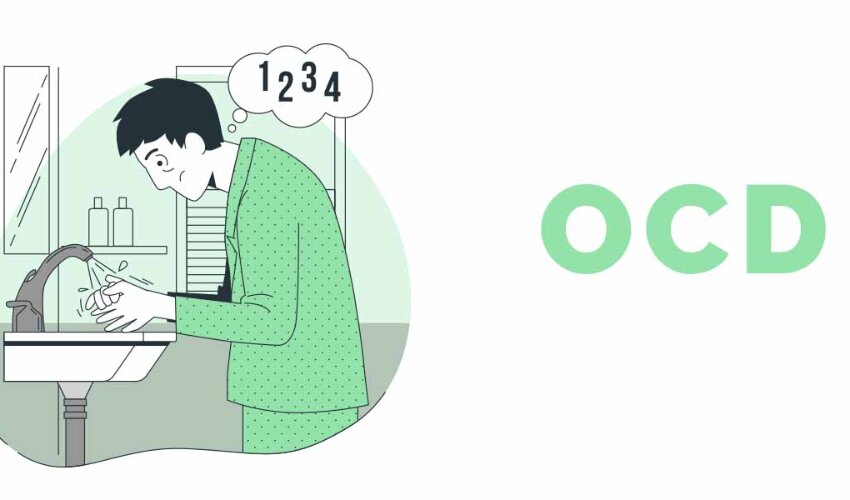
Causes and Risk Factors
There’s a difference between being a perfectionist or someone who needs medical attention to stabilize his/her mind in order to interact with peers and live a peaceful life.
Also read about muskmelon benefits here and how to include it in your diet.
The causes of OCD are really not understandable but some theories include these as a reason for OCD.
- Biological or Family History: Having parents with the same disorder can increase risk for developing OCD.
- Stressful life events: If you have experienced any traumatic incident or any stressful emotional event has triggered your mind can increase the risk for OCD.
- Other mental health disorders: If you face any neurological issues like anxiety, depression, stress, fear of losing then this can be a reason for OCD.
Treatment and Therapies to Cope Up with OCD
It is a neurological functioning disorder that can be treated with proper medication and psychological therapy but well there is no actual cure till yet to prevent it.

Some therapies and treatments are designed to control the symptoms and improve the quality of life that affects people’s day-to-day activities.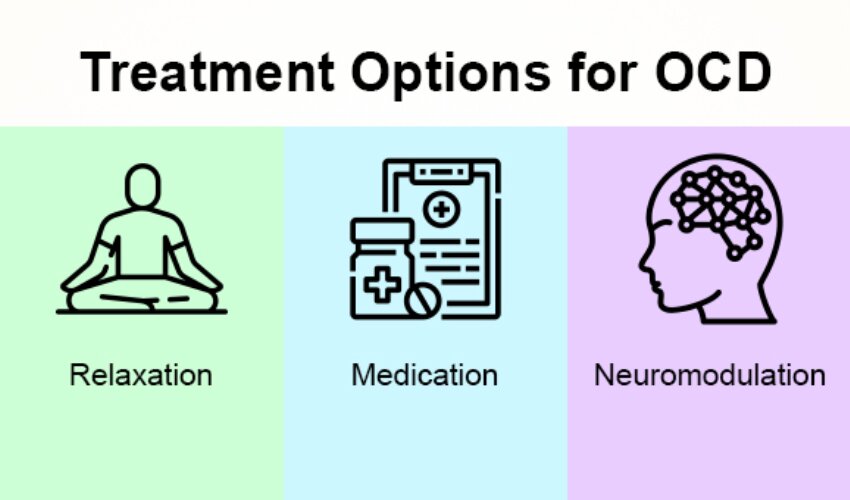
There are basically two main types of treatment:
Also, read the list of tablets for cold in india here.
Talking Therapy
It is a type of therapy that helps in facing your fear and obsession. Basically, psychologist understands the patterns of individual and focuses on their behavior.
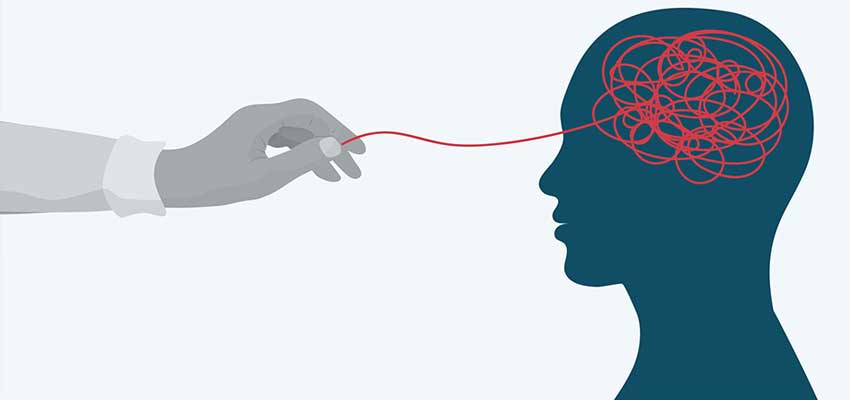
It is a type of Cognitive behavioral therapy(CBT) that focuses on changing the negative thoughts of a person. It is considered the golden standard treatment.
This involves:
- Working with the therapist to understand the patient’s emotions, anxiety, and fear followed by the compulsive response.
- Encouraging patients to face their fear.
- Contradictly creating situations for patients to control their obsessions as a result to improve anxiety.
- This treatment may be a hard job but it will pay off well by regularly attending at least 8-20 sessions of mindfulness.
- Support groups such as the International OCD Foundation and the Anxiety and Depression Club of America can provide a sense of community with the same people belonging to and altogether working on their anxiety to cope up.
Do not forget to read about ashwagandha benefits for male and female here.
Medications
You may need to take medications if suitable therapy is not working for you. Taking prescribed medications will help you to break the stereotype of OCD.
The main medication prescribed is a type of anti-depressant commonly known as Selective Serotonin Reuptake Inhibitor (SSRI) can help to reduce OCD symptoms as they work on the functioning of the human cognitive mind and their reflexes. You may need to take this medication up to 12-15 weeks until you notice some changes.
Note– Do not take this medicine without speaking to your doctor or without a prescription, there are chances of unpleasant side effects which will harm your brain in a negative way.
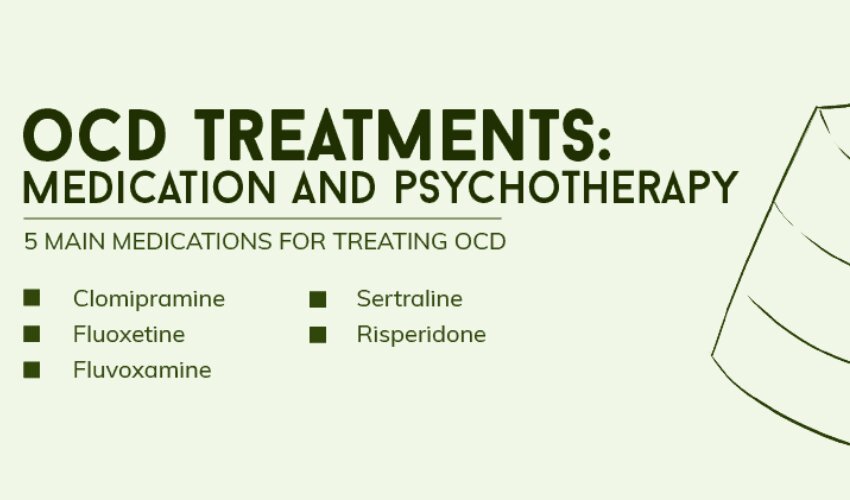
SIDE-EFFECTS OF SSRI
- Dizziness or Fatigue
- Feeling agitated or anxious
- Diarrhea or Constipation
- Sleeping problems like insomnia
- Continuous Headaches
- Migraine
- Changes to sex life
There may be also a chance that taking these medicines will cause you to have suicidal thoughts or self-harm which will disturb your mind in an intense way.

Further Treatment- Taking treatment by a specialist is very necessary either by mental therapy or prescribed medications.
Consider Reading:
Some people have severe- long-term OCD difficult to manage with therapies and medicines then you may be referred to visit the National Specialist OCD service, which offers regular assessments and practices for better-isolated treatment.